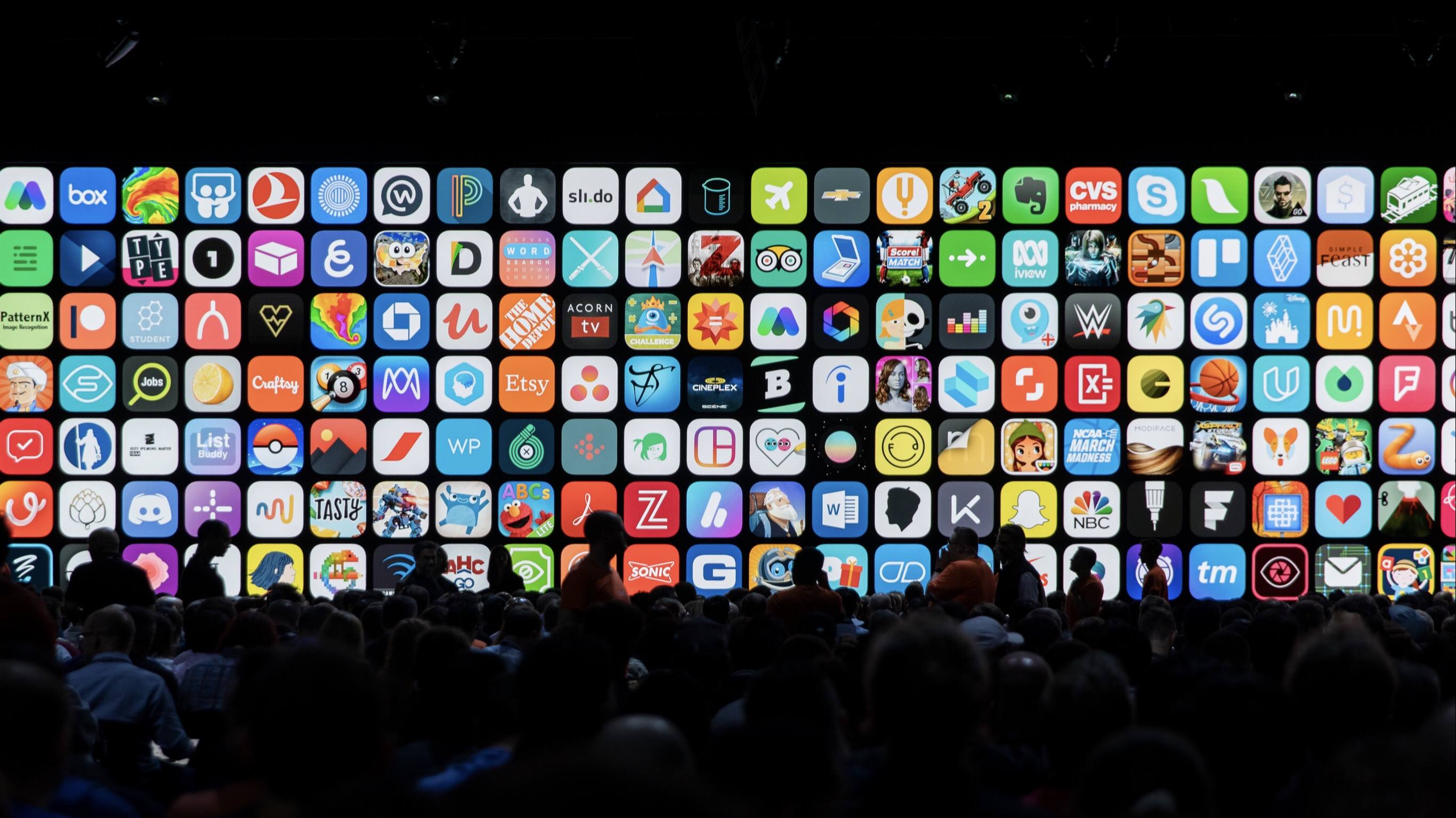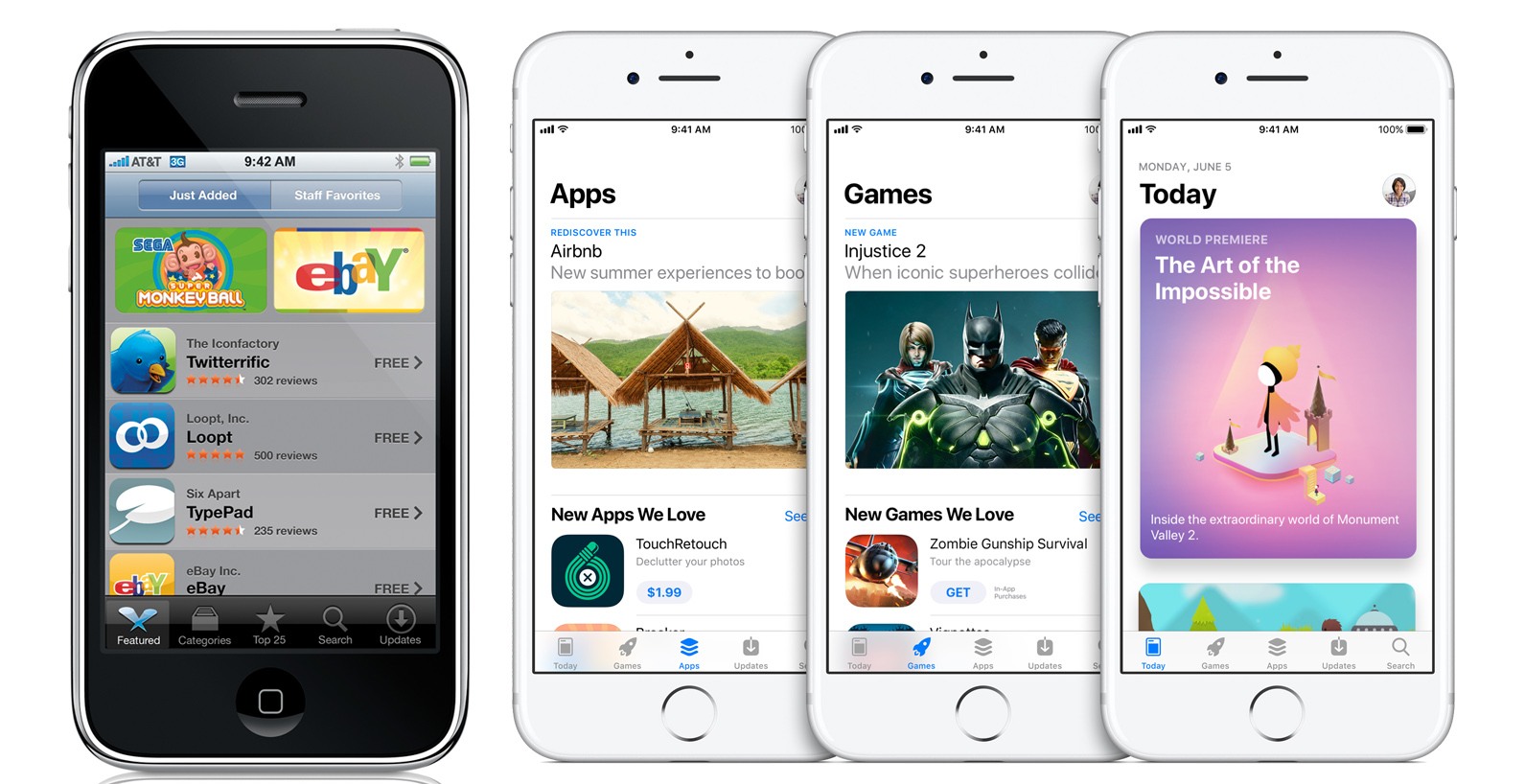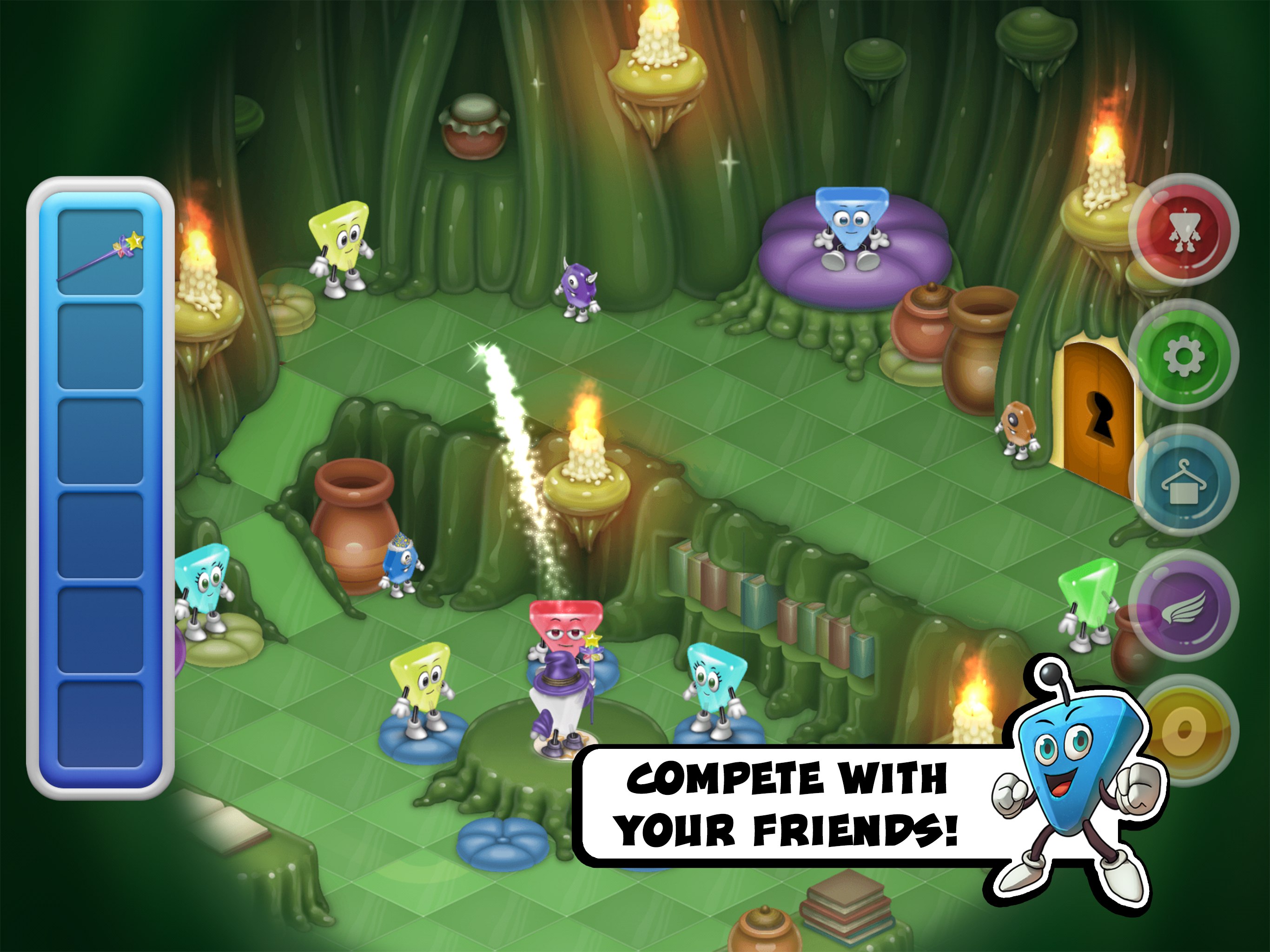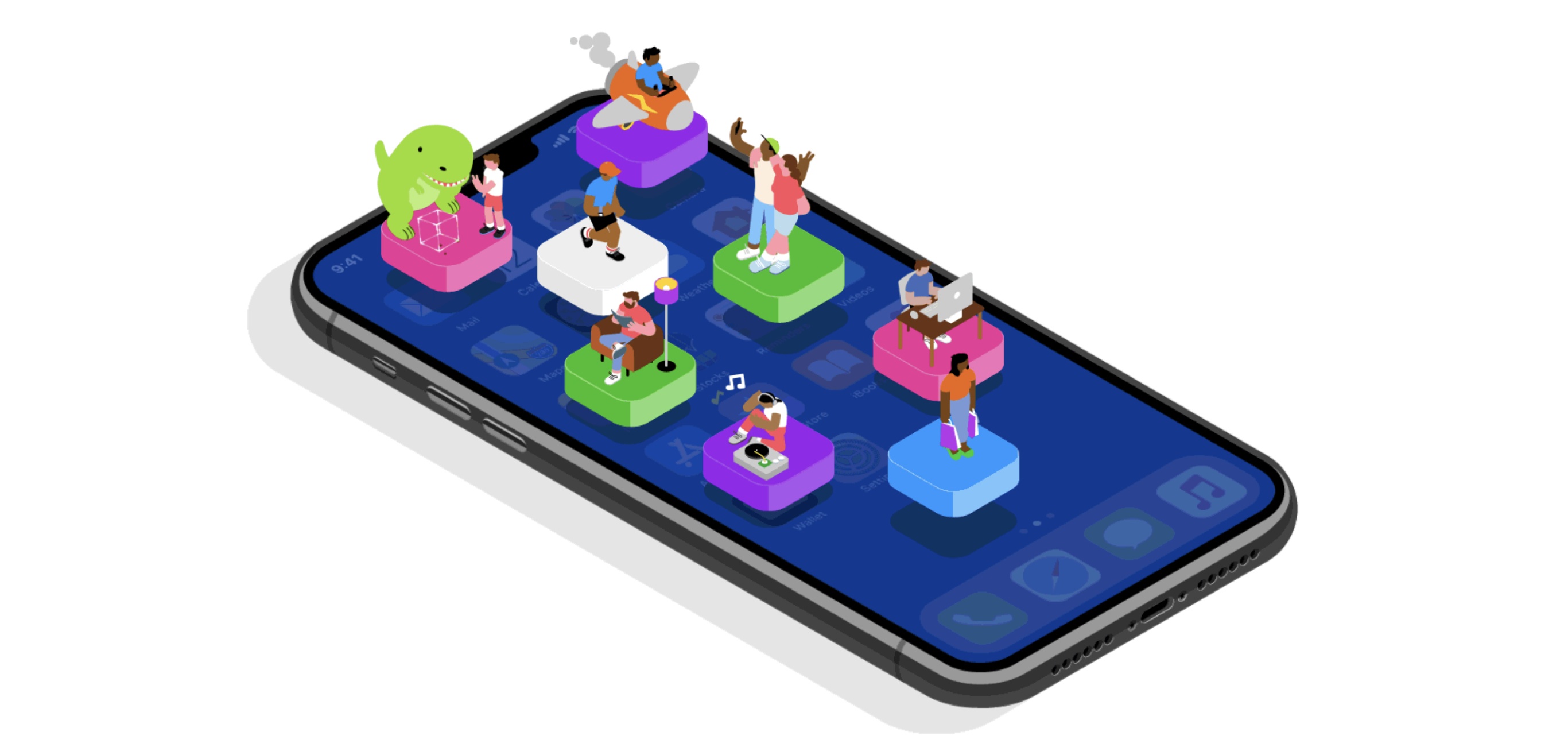David Barnard, developer of apps like Weather Up and Launch Center Pro, has written an extensive overview of tactics that are commonly used each day to game the App Store. He writes:
Any one of these tactics might seem somewhat bland individually, but when tens of thousands of apps deploy multiple tactics across many categories of apps, the impact can be measured in hundreds of millions of users and likely billions of dollars.
Tactics mentioned include employing specific keywords, buying fake reviews, implementing misleading subscriptions, and more. The idea is that bad actors can squeeze the most money out of users by following the approach Barnard outlines, which ultimately provides a bad user experience that degrades the App Store’s reputation.
Barnard concludes the article with a challenge to Apple:
Featuring an app is a great carrot, and Apple doesn’t generally feature apps that so blatantly flaunt App Store manipulation and user hostile tactics, but the carrot of getting featured pales in comparison to how much money can be made by gaming the App Store. It’s well past time for Apple to employ more carrots to create great experiences on the App Store, and to use a bigger stick on those manipulating the App Store and creating terrible user experiences for Apple’s customers.
I love this idea as a potential solution to encourage quality apps on the App Store. The revamped App Store from iOS 11 with daily feature articles is great, as are things like the Apple Design Awards at each WWDC, but if Apple wants to retain a strong quality brand for the App Store, it wouldn’t hurt to find more ways to reward good developers.






